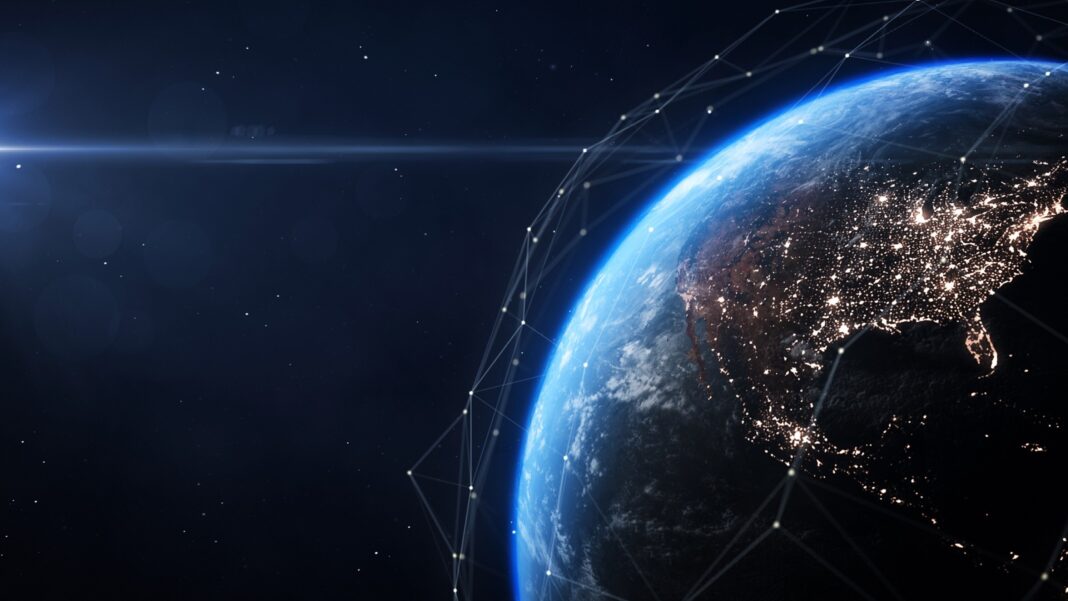The hype is building for SpaceX’s cellular Starlink and other smartphone-based satellite services. But Globalstar CEO Paul Jacobs questions if customers will actually pay for such services.
“I’m not saying it won’t happen, but it hasn’t been shown yet to be a business that consumers are willing to pay much for,” he said in an interview with PCMag on Monday.
The statement might be a little surprising since Louisiana-based Globalstar also supplies satellite-to-phone services. In 2022, the company partnered with Apple to power the Emergency SOS feature for iPhones.
Apple has since expanded satellite connectivity to iMessage, giving iPhone users a way to chat with friends or family even in a cellular dead zone. But in contrast to the competition, Globalstar’s CEO said his company is focused on operating “the most cost-effective” direct-to-device business with a smaller collection of two dozen satellites. In turn, the company receives revenue and investment from Apple.
Apple Emergency SOS (Credit: Apple)
“If you’re a smartphone manufacturer in general —I’m not talking about one in particular— any features that you do that can cause people to go out and buy a phone sooner generates real money,” he said. “Or if you can gain [market] share through a differentiated feature, that can gain money too. That doesn’t really require going to the consumer necessarily.”
For now, Apple’s satellite services are free, which has helped make the technology easily accessible and even life-saving for some iPhone users. But charging for satellite services might be a tougher sell, especially when satellite connectivity is often slower and more limited compared with traditional cell coverage.
“Physics comes into play, too. Satellites are further away; they have power constraints on them,” Jacobs said, later adding: “The demand for satellite voice calls is there, but it’s not a gigantic market. Now, you might say, ‘How much growth will you get if you integrate with smartphones?’ I don’t think it means everyone is going to go run out into the wilderness and be watching Netflix.”
During the interview, Jacobs also cited a recent survey from the GSM Association, which found that 40% of respondents would refuse to pay for satellite-to-phone services. Another 32% said they would only pay up to 5% more in extra costs.
“For anybody doing broadband to devices outside of cellular coverage, there is a question of the business model,” Jacobs added. “It’s an unproven business model at this point. It’s clear someone would like it. The question is, what are they willing to pay for it?”
Recommended by Our Editors
Globalstar knows a thing or two about satellite demand problems. Two decades ago, the company went through bankruptcy because its original satellite constellation failed to generate enough revenue. Although SpaceX, AST SpaceMobile, and other companies plan on building large satellite constellations to power direct-to-device connectivity, Jacobs signaled that the costs could be prohibitive if the demand struggles to emerge.
“It’s not a clear market yet. It may become one, but it’s hard to see what the value proposition is going to be that allows a business case for so many satellites to be built,” Jacobs said. “That’s one of the areas where we’re watching.”
In the meantime, Globalstar recently announced it received over $1 billion from Apple to help it build a new satellite constellation with expanded capabilities. However, Jacobs declined to comment about the Apple side of the business, including whether or when the company will start charging for its satellite-based iPhone features. For now, it appears the satellite-based services will remain free until at least fall 2025.

 5 Things to Know About Starlink Satellite Internet
5 Things to Know About Starlink Satellite Internet
Get Our Best Stories!
This newsletter may contain advertising, deals, or affiliate links. Subscribing to a newsletter indicates your consent to our Terms of Use and Privacy Policy. You may unsubscribe from the newsletters at any time.

About Michael Kan
Senior Reporter








